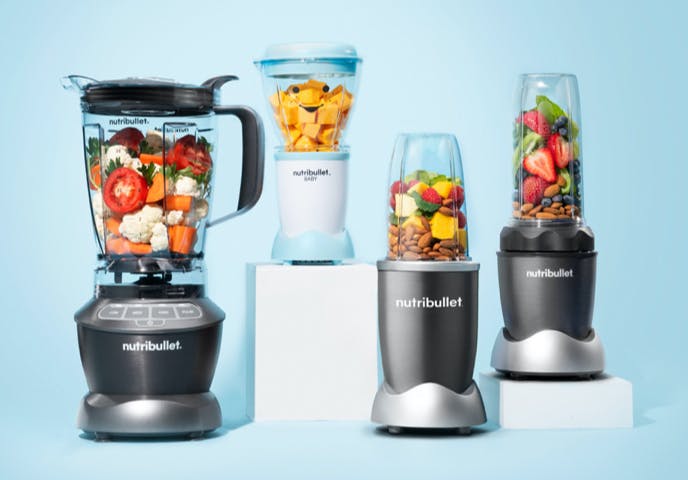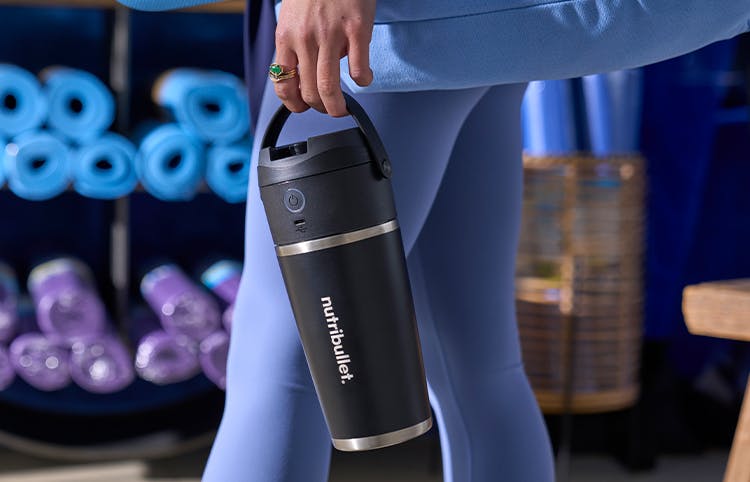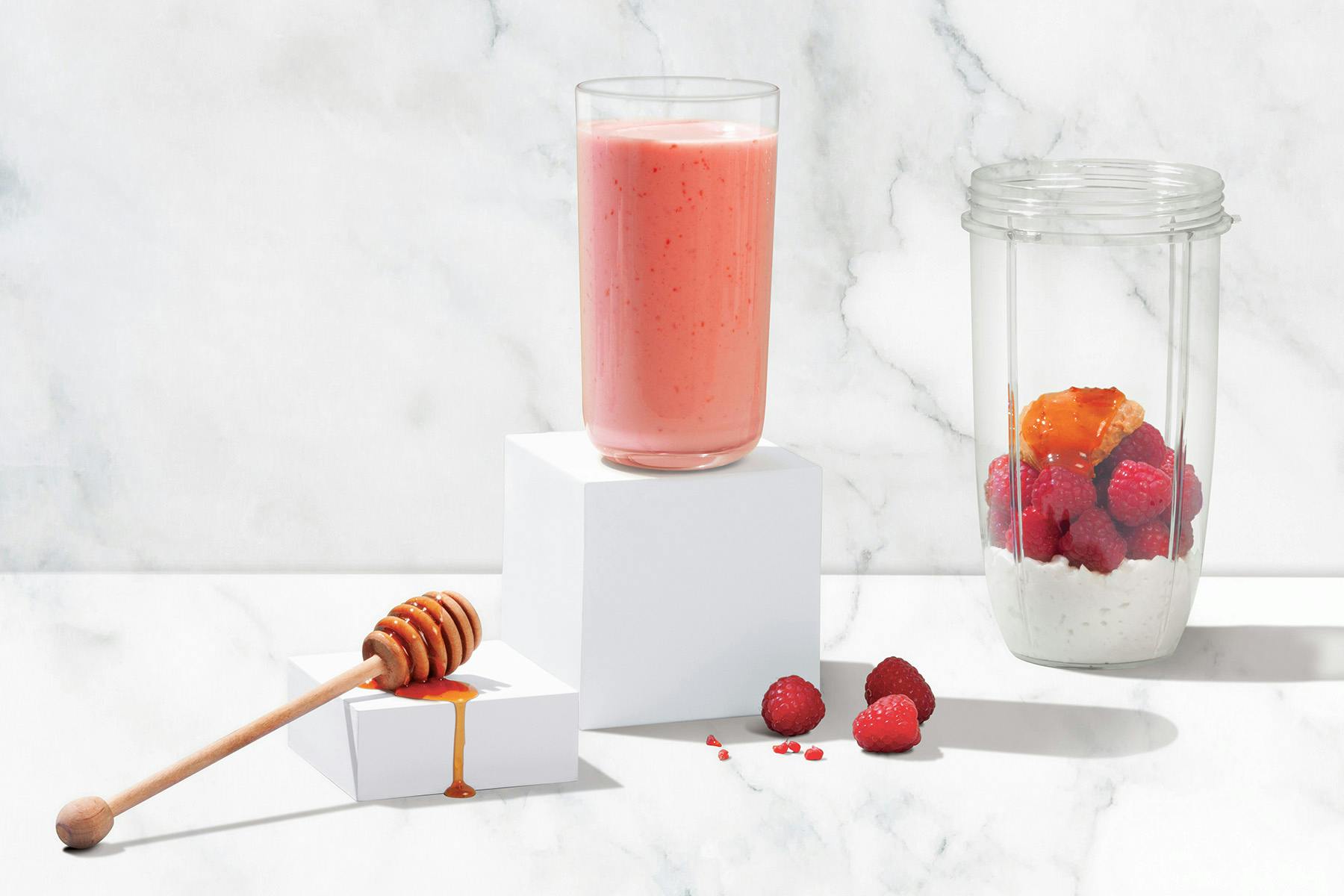While we appreciate an Instagram-worthy smoothie bowl or salad pretty much more than anyone, we also acknowledge that your total health encompasses more than simply chowing down fruits and veggies. In our fast-paced world, where we seem to wear busyness as a badge of honor, it’s safe to say that many of us are stressed to the max. And this ultimately can take a toll on our well-being.
With so much on our plates, it may seem difficult to make time to nurture our mental health, but implementing a few small habits can make a huge difference regarding our overall state of mind. Here are some simple lifestyle practices you can put into place to reduce stress, boost your mood, and feel better all-around.
- Eat real foods. We recognize that fruits and vegetables are not a “cure-all” for every issue, but choosing nutritious foods can play a role in supporting our mental health. Research has shown potential associations between eating a whole food diet – one consisting of vegetables, fruits, seafood, whole grains, lean meats, nuts, and legumes – and reduced risk of depression. What’s more, an interesting study conducted in 2015 suggests that the part of the brain used for learning, memory, and mental health – the hippocampi – is smaller in people who eat more products like sweet drinks, salty snacks, and processed meats.
- Eat regularly. It’s no secret that our moods impact our appetite. Negative moods have been shown to increase our desire for foods that are higher in sugar and fat like ice cream. Let’s be real – no one got over a break-up by chomping down on carrot sticks. By regularly eating balanced meals and snacks throughout the day, you’ll be less likely to polish off the entire pint and more likely to fuel your body and brain with foods that support emotional wellbeing in the first place.
- Sweat. Physical activity packs an incredible punch when it comes to boosting your mood. And the best part is that you don’t need to be a gym rat or athlete to reap the benefits. Even moderate activity that slightly elevates your heart rate and body temperature can help to reduce stress, improve sleep, and boost your mood. For example, one study out of Harvard showed that running for 15 minutes a day or walking for an hour may reduce the odds of becoming depressed by a whopping 26 percent.
- Have a social media detox. Several studies over the past few years have linked prolonged social media usage to a number of mental health concerns, such as lower self-esteem and loneliness. A recent study from University College London and Imperial College London suggests that the problem with social media lies not necessarily in what it does but what it takes us away from – such as sleeping or physical activity. If you have a tough time catching your z’s, check out our blog post on foods that may help to promote adequate sleep.
- Vow not to diet. When we allow all foods into our life, we can relieve ourselves of the associated feelings of deprivation, which often leads to subsequent overeating. How many times have you broken your “diet” and thought, “I blew it anyway, so I might as well have more”? This cycle of restriction followed by binging of “forbidden foods” can set you up for feelings of anxiety and isolation. By allowing all foods into your diet, there isn’t anything to rebel against. Enjoy the cupcake, bagel, or some of the ice cream when you really want it, and do so purposefully and mindfully.
- Have a mindful moment. Taking a small amount of time to slow down, breathe, and ground yourself in the present moment is one of the simplest ways we can re-center our experience. Practices like meditation, journaling, breathwork, and others not only help to improve sleep, boost mood, and reduce stress by lowering cortisol levels but can also help to foster a healthy relationship with food. Mindful eating encourages you to focus on the present moment, savor your food, and keep your hunger and fullness in check. So, even if you can’t squeeze in a 5-minute meditation to your already busy day, you can practice this stress-reducing practice while you eat lunch.
Energy bites make a great snack for practicing mindful eating, as they offer a ton of flavor in each nibble. Whip up one of the recipes below, then limit distractions while you eat. Close your computer and turn your phone on airplane mode. Take the time to savor the taste, texture, and overall deliciousness of these nutritious snacks.
- Carrot Cake Bites: A classic dessert transformed into a nutritious bite-sized snack.
- Sesame Bites: We’ve deemed these our energy bites for foodies, thanks to the elevated flavor from the cardamom and sesame seeds.
- Pumpkin Spice Bites: These pumpkin bites are a fall favorite, but we really love them any time of year.



















